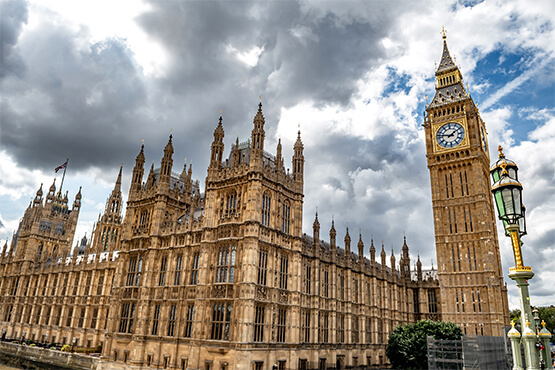The government has been urged to set out a clear vision for how it intends to build new roads, railways, prisons, schools and hospitals at a roundtable hosted by Browne Jacobson in partnership with the CBI.
Businesses from across a wide range of sectors discussed the various economic factors – including sustainable skills supply, long-term policy certainty and positive messaging about future outlook – that contribute to having sufficient confidence to invest in public infrastructure.
It came as UK and Ireland law firm Browne Jacobson called for the new government to identify a new public-private partnership model for financing such projects ahead of the Autumn Budget on 30 October.
Between 1992 and 2018, more than 700 schemes were completed under the private finance initiative (PFI). A company would fund upfront costs of a construction project and then recoup this capital, as well as operational costs, through long-term repayments from the procuring authority – typically an NHS trust, local authority or government department.
PFI received criticism due to a range of issues, including perceived poor value for the taxpayer and windfalls for investors that refinanced debt at lower rates following the riskier construction phase.
Craig Elder, Partner at Browne Jacobson who has worked on some of the UK’s highest-value PFI projects, said: “While there’s a negative perception around PFI, the fact is it was pivotal in successive Conservative and Labour governments building vital public infrastructure.
“In the absence of any replacement, we are now falling behind other major economies in delivering infrastructure, with the assets we do build being both the most expensive and delayed in the G7.
“Therefore, if the new government is serious about its mantra to ‘get Britain building again’, it must identify a new private finance model that learns from the mistakes of its predecessor to ensure the public purse receives better value and control while remaining attractive to the private sector.
“Alternative models are emerging and worthy of further exploration. In particular, the Future Governance Forum’s recent proposal for infrastructure investment partnerships takes lessons from the non-profit distributing model deployed in Scotland and mutual investment model in Wales to place a greater emphasis on community benefits in any project, cultivates a culture of long-term collaboration and gives local areas more control over their infrastructure.”
About 20 business leaders representing organisations including E.ON, Lloyds Banking Group, Aggregate Industries, Nottingham College and De Montfort University attended the roundtable at Browne Jacobson’s office in Colmore Row, Birmingham, on Tuesday 1 October.
Rain Newton-Smith, CEO at the CBI, chaired the meeting, in which delegates discussed Labour’s economic and employment policies, setting out what they’d like to see included in the Autumn Statement.
In a discussion on enablers and blockers to investment, the imperative of skills development and long-term commitments from government, such as regarding the energy transition, were highlighted as major issues in improving business confidence.
CBI CEO Rain Newton-Smith said: “We know that private investment in public sector infrastructure is key to driving growth regionally and across the UK. It was great to host a roundtable with Browne Jacobson with over 20 business leaders to discuss business priorities ahead of the Autumn Budget. This is a crucial moment in our growth journey – and we must take this opportunity to use the available levers to boost investment.”










































